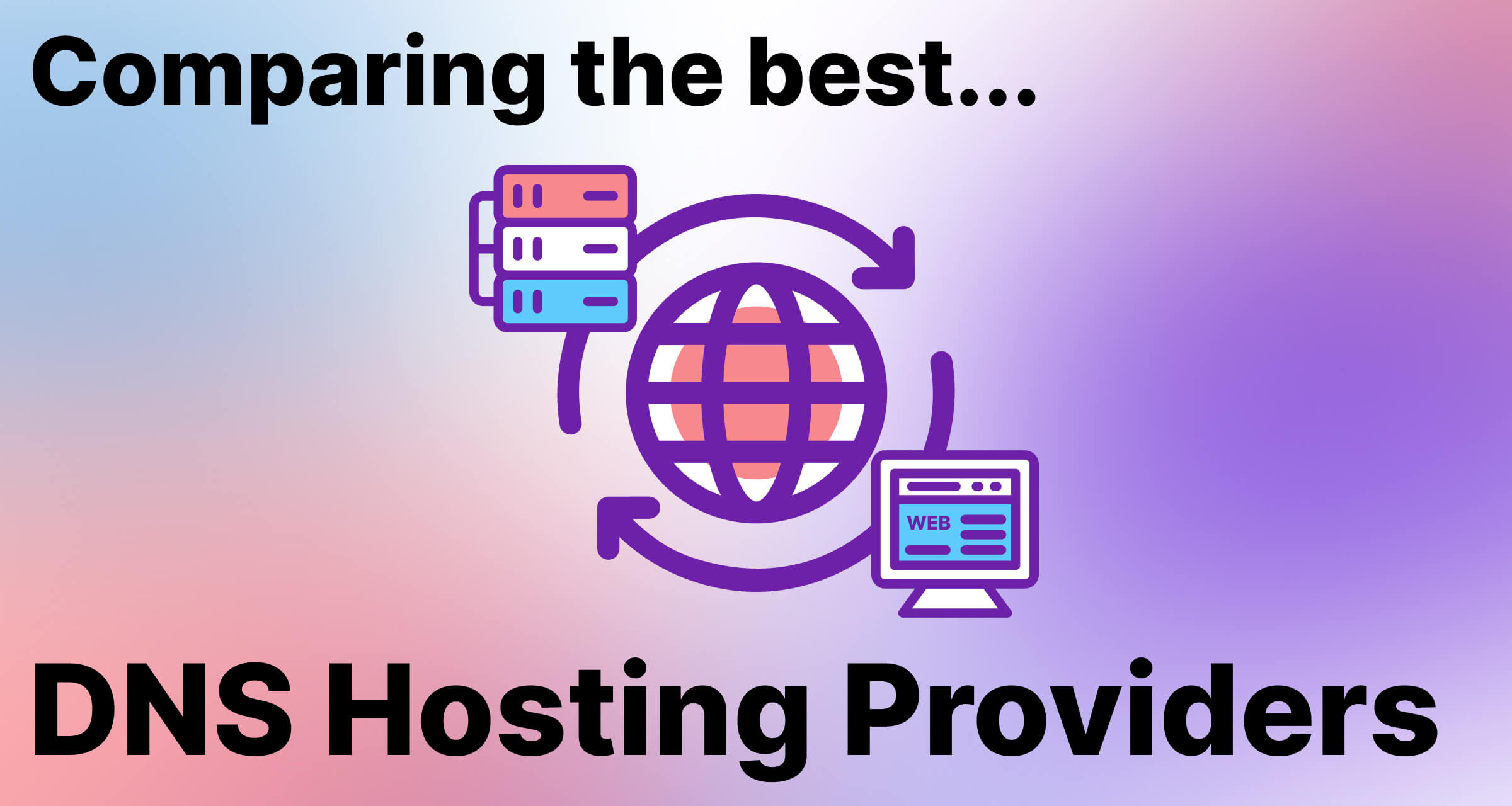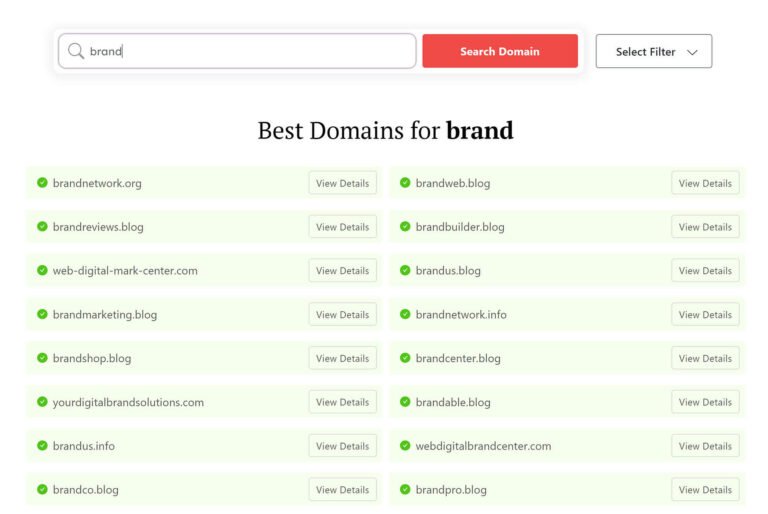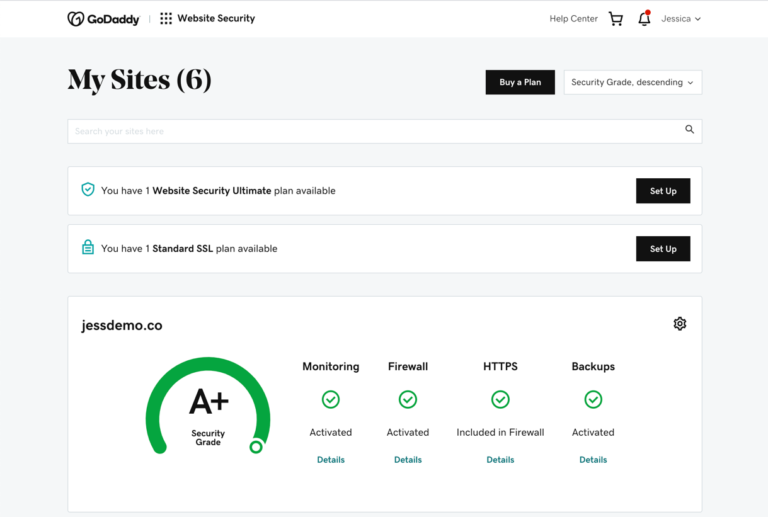Best for DNS Management: Unlock Unmatched Network Efficiency
DNS management is crucial for a smooth online experience. It helps control how domain names are translated into IP addresses. Let’s dive into the best tools and practices for managing DNS.
What is DNS?
DNS stands for Domain Name System. It works like a phone book for the internet. When you type a website name, DNS translates it into an IP address. This process helps computers find each other on the web.
Why is DNS Management Important?
Good DNS management ensures your website is always reachable. It also protects your site from attacks. Let’s explore why DNS management matters:
- Improves website speed.
- Ensures website availability.
- Protects against DNS attacks.
- Helps with load balancing.
Top Tools for DNS Management
There are many tools for DNS management. Here are some of the best:
1. Cloudflare
Cloudflare is a popular choice. It offers free and paid plans. With Cloudflare, you get:
- Fast DNS resolution.
- Security features.
- Easy-to-use interface.
2. Google Cloud Dns
Google Cloud DNS is another great option. It provides:
- High performance.
- Scalability.
- 24/7 support.
3. Amazon Route 53
Amazon Route 53 is a robust DNS service. It offers:
- High availability.
- Scalability.
- Flexible pricing.
4. Dns Made Easy
DNS Made Easy focuses on reliability. It provides:
- Fast performance.
- Global coverage.
- 99.9999% uptime guarantee.
5. Dyn
Dyn is known for its enterprise solutions. It offers:
- High availability.
- Security features.
- Comprehensive support.
Best Practices for DNS Management
Now, let’s look at some best practices for managing DNS. These tips will help keep your website running smoothly.
1. Keep Dns Records Updated
Always update your DNS records. Outdated records can cause issues. Regularly check and update them.
2. Use Multiple Dns Providers
Using multiple providers can increase reliability. If one fails, the other can take over. This practice is called redundancy.
3. Monitor Dns Performance
Monitoring helps detect issues early. Use monitoring tools to track performance. Fix problems as soon as they arise.
4. Implement Dns Security Measures
Security is crucial. Use DNSSEC to protect your DNS records. This prevents attacks and ensures data integrity.
5. Optimize Ttl Settings
TTL stands for Time to Live. It determines how long DNS records are cached. Optimize TTL settings for better performance.

Credit: www.thesearchengineshop.com
How to Choose the Right DNS Management Tool
Choosing the right tool can be tricky. Consider these factors:
- Performance: Look for fast DNS resolution.
- Reliability: Ensure high uptime.
- Security: Check for security features.
- Support: Consider the quality of customer support.
- Pricing: Compare costs and features.

Credit: serverauth.com
Frequently Asked Questions
What Is Dns Management?
DNS management is the process of overseeing and configuring domain name system (DNS) settings. It ensures your website runs smoothly.
Why Is Dns Management Important?
It ensures your website is always accessible. It also helps in improving website speed and security.
How To Choose A Good Dns Management Service?
Look for reliability, speed, and security. Check user reviews and support options. Compare prices.
Conclusion
Effective DNS management is vital for a smooth online presence. Choose the right tools and follow best practices. This will help keep your website fast, reliable, and secure. Happy managing!






